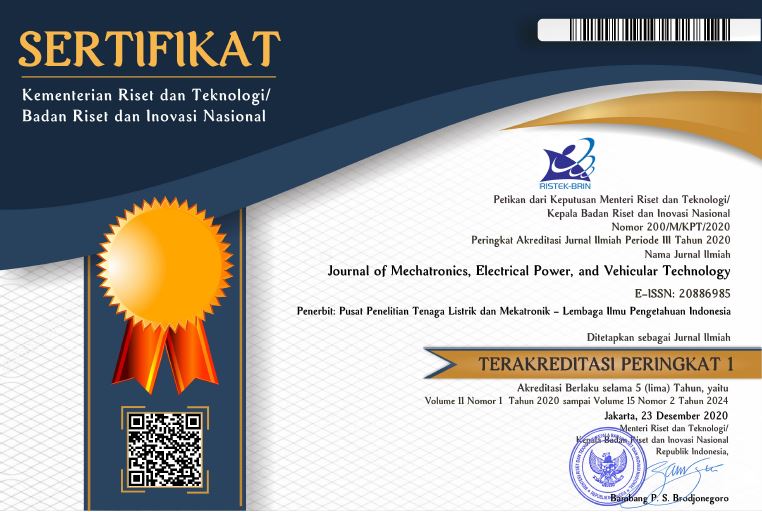MEV Policy on AI Use in Submissions
MEV recognizes the rapidly evolving role of artificial intelligence (AI) and AI-assisted technologies in research and publication process. MEV seeks to provide clear guidance and promote transparency among authors, readers, reviewers, editors, and contributors.
MEV policies regarding the viewpoint on the use AI adhere to the standards and guidelines provided by the Committee on Publication Ethics (COPE).
AI Contributions and Authorship
AI-Assisted Writing: The use of generative AI and AI-assisted technologies in the writing process is acknowledged. Such technologies should aim to enhance the readability and language quality under strict human oversight. Authors are responsible for thoroughly reviewing and editing AI-generated content to ensure accuracy, completeness, and absence of bias.
AI Authorship: AI or AI-assisted technologies cannot be listed as an author or co-author, nor cited as such. Only human contributors can be credited as authors, given that authorship implies accountability for the work. Human authors must take responsibility for the integrity of the work as a whole, including ensuring the work's originality and compliance with ethical standards.
Generative AI in Images, Figures, and Artwork
Use in Figures and Images: Generative AI or AI-assisted tools must not be used to create or alter images in submitted manuscripts, except for standard adjustments like brightness, contrast, or color balance that do not obscure original information. This policy extends to enhancing, obscuring, moving, removing, or introducing features within an image.
Exceptions for Research Design: If the use of AI or AI-assisted tools is integral to the research design or methods (e.g., AI-assisted imaging in biomedical mechatronics), such use must be described in a reproducible manner in the methods section. Authors must adhere to AI software's usage policies and ensure proper content attribution, potentially providing pre-AI-adjusted versions of images for editorial assessment.
Artwork Production: The creation of artwork using generative AI, including for graphical abstracts and cover art, is generally not permitted. Exceptions for cover art may be considered if the author obtains prior permission from the journal editor and publisher, demonstrates clearance of all necessary rights, and ensures accurate content attribution.
Transparency, Research Integrity, and Ethical Considerations
AI Involvement Disclosure: Authors must disclose the involvement of AI in their research, including descriptions of algorithms, training data, and AI's role in the research findings.
Ethical Use of AI: Submissions involving AI must adhere to ethical standards, including considerations for data privacy, consent, bias mitigation, and the societal impacts of the research.
Enforcement and Compliance
Editorial Review: Manuscripts submitted to MEV, whether AI-assisted or not, will be subjected to an equally rigorous peer-review process aimed at evaluating their scientific validity, originality, and compliance with ethical standards.
Policy Enforcement: Submissions that do not comply with these guidelines may be rejected. Violations of this policy will be addressed according to our ethical standards and procedures.
Assistance and Support: MEV will provide resources and assistance to ensure authors, reviewers, and editors are informed about the ethical and integrity aspects of using AI in research.
Continuous Review and Adaptation
Policy Monitoring and Adjustment: Recognizing the rapid development in AI technologies, MEV will continuously monitor these advancements and refine this policy as necessary to stay aligned with best practices, legal standards, and ethical considerations in scientific publishing.














